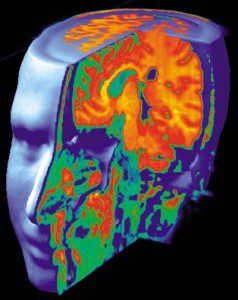Grim Necessities Definition
 Grim necessities are activities with short-term negative consequences but long-term positive payoffs. For example, reading a boring textbook is unpleasant in the short term but rewarding in the long term, because it helps you get a good grade on the exam.
Grim necessities are activities with short-term negative consequences but long-term positive payoffs. For example, reading a boring textbook is unpleasant in the short term but rewarding in the long term, because it helps you get a good grade on the exam.
Other commonly listed grim necessities are working at a boring job to make money and doing exhausting exercise for long-term fitness.
Academic Writing, Editing, Proofreading, And Problem Solving Services
Get 10% OFF with 24START discount code
Grim Necessities Usage
Dilemmas of self-control often present a contrast between immediate payoffs and delayed payoffs. According to Roger Giner-Sorolla, these dilemmas can be described either as delayed cost (guilty pleasure) or delayed benefit (grim necessity).
His studies have shown that people associate different emotions with different types of consequences. In particular, when participants were asked for examples of activities with more negative short-term than long-term consequences, these grim necessities brought up negative emotions that tended to be more hedonic. That is, they dealt with immediate sensations connected with the activity, for example, “bored” and “frustrated.”
However, the positive emotions they came up with for these activities tended to be more self-conscious, or concerned with evaluating one’s own actions and qualities, for example, “proud” and “confident.” For grim necessities in particular, the greater self-control is shown, the less negative hedonic affect was associated with the activity.
Reference:
- Giner-Sorolla, R. (2001). Guilty pleasures and grim necessities: Affective attitudes in dilemmas of self-control. Journal of Personality and Social Psychology, 80(2), 206-221.